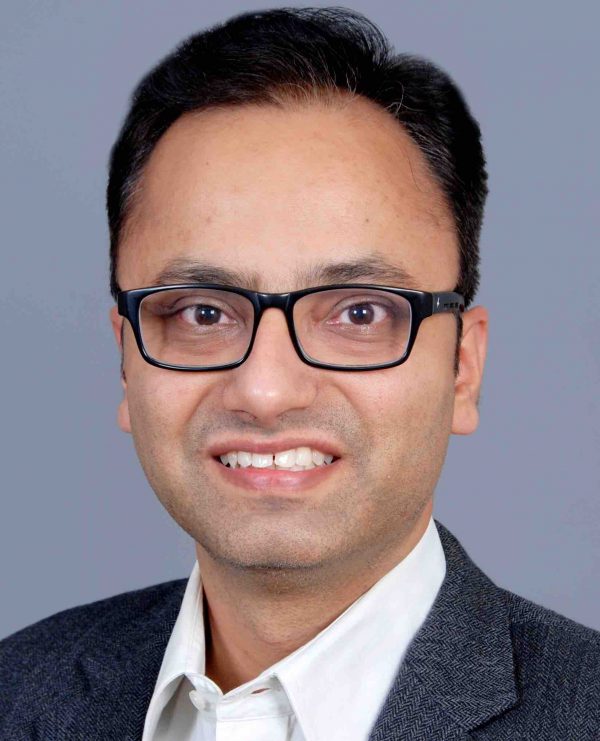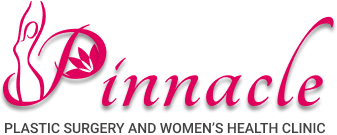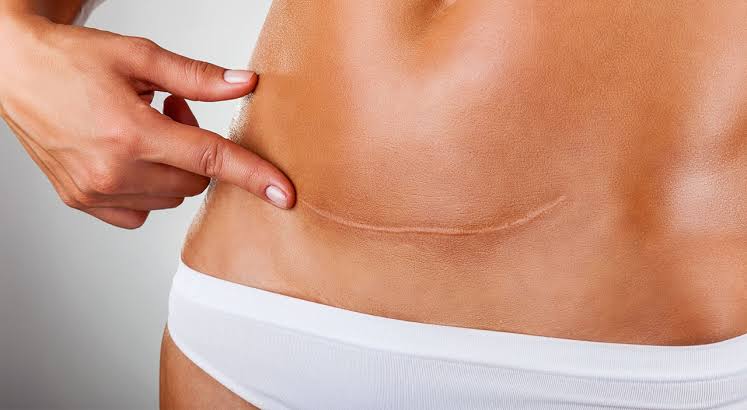Scars are something which are unavoidable. We have plenty of scars due to falls, cuts, and bruises right from our childhood. However, scars at prominent sights or even large scars can cause us psychological distress as they hamper our appearance.
Dr Shree Harsh’s scar revision surgery can help achieve a smooth and scar-free skin to boost one’s confidence and get rid of the psychological distress.
What Are Scars?
Scars are the visible signs that remain after an injury. Scars can be located anywhere on the body since they are a result of an injury.
The quality of the scar depends on two factors -
- The patient’s own healing capability
- The type of healing provided by primary or secondary intention.
The scars can be either fresh or elevated or depressed. In medical terms scars can be divided into discolouration scars, hypertropic scars, keloid scars or contractures.
The type, size, site and quality of the scar will determine the treatment on the patient.
At Pinnacle Cosmetic Surgery, we ensure that your treatment plan is developed and executed according to your needs and comforts.
Who Is An Ideal Candidate For Scar Revision?
- Has a scar anywhere on his/her body.
- Is bothered by the scar.
- Is physically healthy.
- Does not smoke.
- Has realistic expectations from the scar revision surgery.
- Does not have acne or skin infections at the time of the surgery.
What Are The Different Scar Revision Procedures?
Dr Shree Harsh has listed the various scar revision techniques for a better understanding.
- Scar revision: Simple scar revision procedures can be performed under local anaesthesia for smaller sized scars. The doctor may use dermal fillers, injectables or gels to reduce the visibility of the scar and to help it blend in with the rest of the skin. This treatment can require single or multiple sessions depending on the size of the scar.
- Fat grafting: Fat grafting is a new technique in scar revision procedures. This is also called “Autologous” fat grafting (meaning the patient’s own tissues are used in the scar revision). Performed under local anaesthesia, this treatment involves liposuction (removing fat from one part of the body) and then injecting the tissues into the scar site.
- Skin grafting: Skin grafting is similar to fat grafting. Under the skin grafting procedure, the doctor will remove healthy skin from a part of your body and graft it onto the scar site. This makes the scar site look normal and blends in with the rest of the body.
- Chemical peels: A chemical peel is one of the most non-invasive scar removal procedures in our clinic. This treatment involves applying the chemical peel to the scar site and then cleansing the peel and skin underneath. Chemical peels remove the old outer layer of the scarred skin and allow new skin to regenerate. This makes the scar seem less visible and abnormal.
- Z Plasty: Z Plasty is a reliable surgical procedure for scar revision or scar repositioning. The procedure for Z Pasty helps in lengthening the scar or breaking it and finally camouflaging it with the relaxed tension lines of the rest of the skin. The outcome of a Z Plasty is to make the scar look like a natural part of the skin.
- Keloid Scar Treatment: Keloid is a type of scar that grows higher than the skin. Keloids appear after an injury has healed. They can be itchy and painful. There are different treatment options for Keloid Scars:
- Intralesional Injections - The surgeon will inject a steroid based intralesional injection at the scar site. The steroid helps break the bonds between collagen fibers. This results in making the scarring smaller. The amount of injection will be determined based on the scar size and other health conditions of the patient.
- Surgical Excision - In case of certain keloid scars the doctor may recommend a surgical excision. In this treatment method the doctor removes the keloid during a small surgical procedure and injects intralesional steroids to help in the healing.
What Happens At The Consultation at Pinnacle Cosmetic Clinic?
- Dr Shree Harsh will first examine the scar site on your body.
- The doctor will determine the type of scar (discolouration scar, hypertropic scar, keloid scar or contractures) based on his assessment.
- The course of treatment will be decided based on the doctor’s evaluation and detailed discussions with you.
- Treatments at Pinnacle Cosmetic clinic include simple scar revision, fat grafting, skin grafting, chemical peels and Z Plasty.
What To Ask At The Consultation?
- What are the different options in scar revision procedures?
- Which procedure will work best for me?
- What is the fundamental cost estimate for my procedure?
- How many sessions will the procedure require?
- What are the common side effects or complications associated with the procedure?
- How long is the recovery time associated with my procedure?
- Do you have before-and-after patient images to help to prepare me for what to expect?
- What should I expect after the procedure is performed? (i.e., short-term and long-term effects)
What Is The Recovery Process After A Scar Revision Surgery?
- Dr Shree Harsh will first place a sterile bandage over the wound. In the case of an extensive process, stitches may be required.
- In some cases, medications to alleviate the pain might be prescribed.
- The healing of a scar revision surgery takes at least one to two weeks. After that, the scar will slowly fade. The effects are not immediate as it is a slow process. Complete healing and fading away of the scar may take up to a year depending upon the individual case.
- Follow ups with Dr Shree Harsh must be maintained in order to evaluate the healing process.
What Is The Cost Involved In A Scar Revision Surgery?
As scar revision surgeries vary from person to person according to the technique implemented, the cost varies as well. Hence, there is no ballpark figure. Also, the cost highly depends upon the location of the clinic, the technology used and other miscellaneous expenses.
As scar revision is considered as a cosmetic surgery, no insurance covers the cost of the procedure.
In case you are wondering whether or not scar revision is right for you, we invite you for a consultation with Dr Shree Harsh. He will discuss the treatment, its benefits, best possible results and any complications involved one-on-one with you.
Meet Your Surgeon

Dr. Shree Harsh is a board certified internationally trained Plastic Reconstructive and Aesthetic Surgeon. He has been trained in the prestigious and historical department of Plastic and Maxillofacial Surgery at G.M.C.Nagpur from where he completed his M.Ch. in Plastic and Reconstructive Surgery. He cleared his D.N.B. in Plastic Surgery from the National Board of Examination, New Delhi. He has received the international scholarship of Plastic Surgery Educational Network by the American Society of Plastic Surgeons in the year 2016-2017. He was awarded the prestigious DAFPRS fellowship by the Dutch Association of Facial Plastic and Reconstructive Surgery. He has been trained by Dr.Patrick L Tonnard and Dr.Alexis Verpaele at the MACS lift centre- Coupure Centrum in Ghent, Belgium in both Surgical and non Surgical Aesthetic Surgery procedures during his fellowship period. He has presented several papers at national and international level conferences and is the author of a number of publications in scientific journals. He is a soft-spoken dedicated Plastic Surgeon who believes in safety first for the patients
Book Consultation with Dr Shree Harsh
It is very natural to be anxious about the outcome of your cosmetic surgery and it is best to openly discuss your concerns with Dr. Harsh. During your consultation Dr. Harsh will:
- Evaluate your general health status and any pre-existing health conditions or risk factors
- Explain the problem to you
- Ask for your photographs
Be prepared to discuss:
- Your surgical goals and expectations
- Medical conditions, drug allergies, and previous medical treatments.
- Current medications, vitamins, herbal supplements, alcohol, tobacco, and drug use if any.
- Details if you have undergone any previous surgeries.
- Likely outcomes, and any risks or potential complications.

